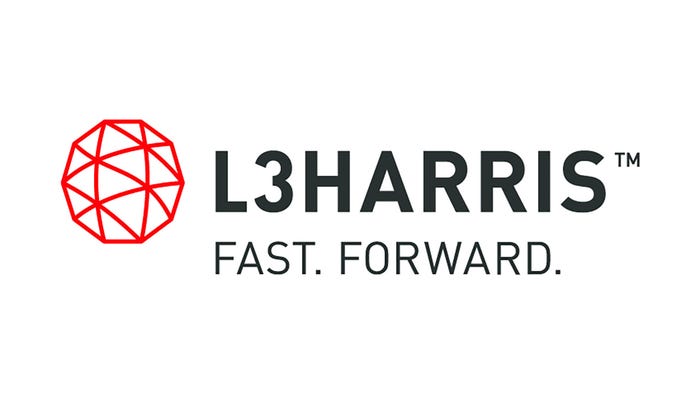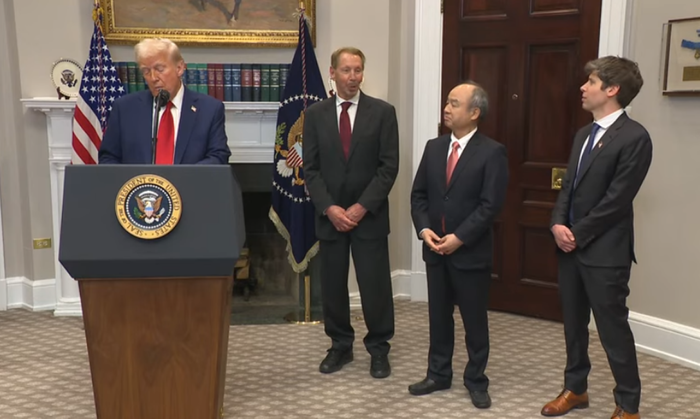LMR licensing flat at low levels in 2023, but early 2024 business-industrial activity encouragingLMR licensing flat at low levels in 2023, but early 2024 business-industrial activity encouraging

Land-mobile-radio (LMR) licensing activity remained relatively flat—albeit at historically low levels—in 2023, but early data this year indicates that business-industrial licensing could experience a significant uptick in 2024, according to figures available in the FCC’s online Universal Licensing System (ULS) database.
FCC officials granted just 3,020 public-safety LMR license during 2023, with another nine applications pending, as of today. Even if all pending applications are approved, the public-safety licensing activity for the year would mark the second-lowest figure in the 24-year history of the FCC’s online ULS database. The lowest annual total was the 2,763 figure posted in 2020, when the industry was impacted negatively by the global pandemic and a host of supply-chain issues.
Overall, the public-safety LMR licensing figure represents a continuation of a multiyear trend. With the exception of pandemic-impacted 2020, the 2023 public-safety activity marks the sixth consecutive year that the FCC will issue more than 3,000 licenses in the sector but less than 3,200. This trend began in 2018, when the FCC issued 3,194 public-safety LMR licenses—a figure that was an all-time low for the sector at the time.
The 2023 total for public-safety LMR licensing represents a 71.4% decrease from the 10,602 applications granted in the sector during 2012, when LMR network operators were focused on meeting the narrowbanding mandate. It also represents a 28.7% decrease from the 4,385 total posted in 2015.
In the business-industrial sector, the FCC approved 9,790 LMR license applications submitted in 2023, with another four applications still waiting to be processed, as of today. This represents a slight increase when compared to the 9,697 business-industrial licenses granted in 2022.
On a positive note, this marks the first time that annual business-industrial LMR licensing figures have increased in two consecutive years since 2011 and 2012, when network operators in the sector were adjusting their licenses to meet the FCC’s narrowbanding mandate.
However, the 2023 figure marks the fourth consecutive year that the FCC has granted fewer than 10,000 business-industrial LMR licenses and the seventh consecutive year that less than 11,000 business-industrial licenses have been approved. As a point of comparison, the lowest number of business-industrial licenses granted during the first 16 years of the FCC’s online ULS database was the 11,256 issued in 2009, when the sector was hampered by the global economic downturn.
The 2023 business-industrial LMR licensing activity was 66.88% less than the all-time high level of 29,569, which was inflated by the narrowbanding mandate. Perhaps more relevant is the fact that the 2023 total for the sector represents a 45.2% decline from the 17,865 figure posted in 2015.
One potentially encouraging piece of news for the LMR industry is the fact that 4,553 business-industrial LMR license applications have been submitted this year, with 4,166 licenses already being granted in the sector. If this pace is maintained, the number of business-industrial LMR license in 2024 certainly would top the 10,000 mark and possibly could reach the 11,000-license threshold for the first time in eight years.
FCC data for the first five months of this year also point to an increase in public-safety LMR licensing activity, although the gains are not as significant as on the business-industrial side. The FCC has granted 1,222 public-safety LMR license this year, with another 80 pending approval. If this pace is maintained the rest of the year, the number of public-safety LMR licenses issued could approach 3,200.





_Zoonar_GmbH_Alamy[1].jpg?width=700&auto=webp&quality=80&disable=upscale)